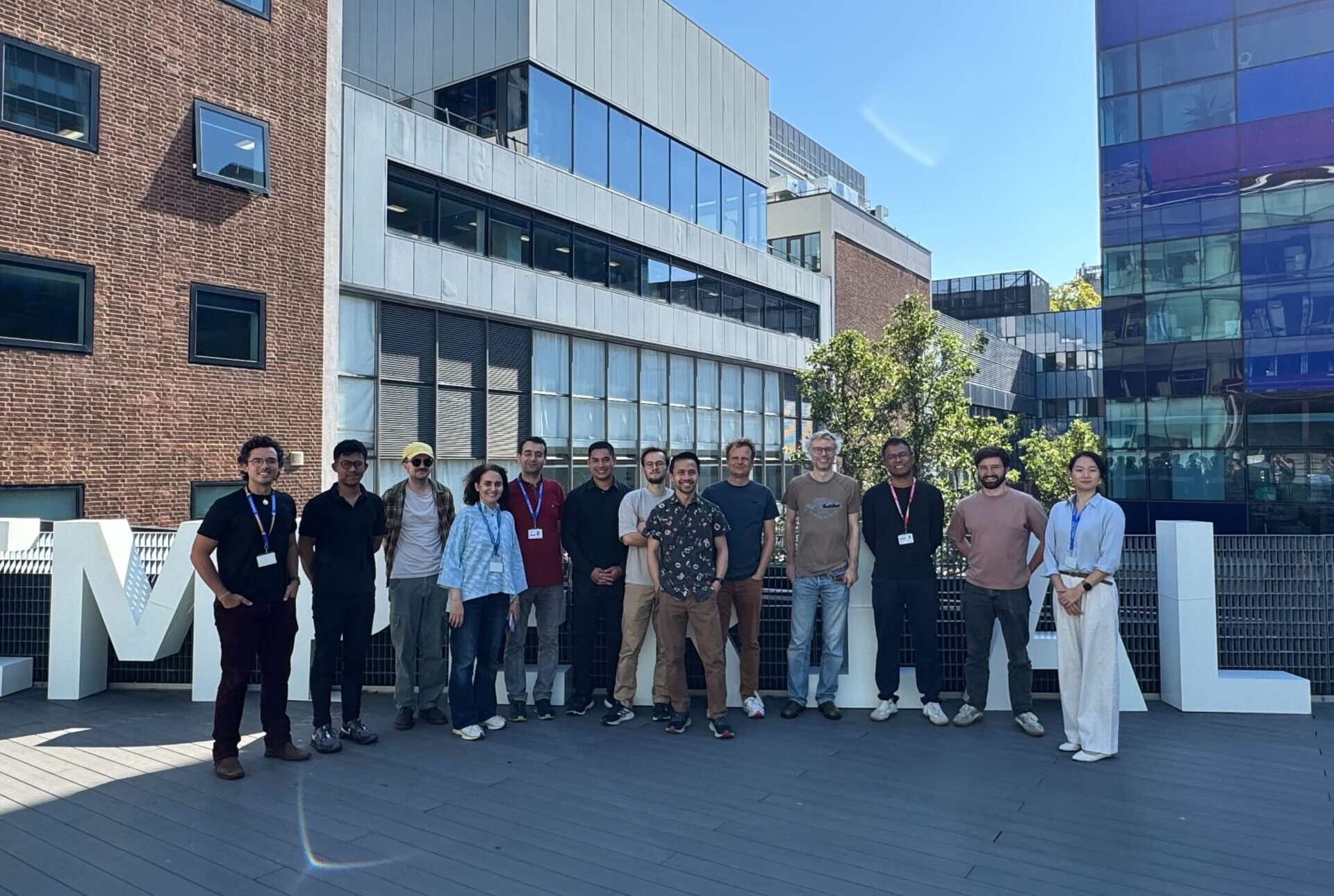This September, SSEC’s Don Setiawan traveled to London to co-organize a workshop with collaborators at the University of Copenhagen and Imperial College London. The workshop offered an overview of SSEC’s work on Phylo2Vec, a software package designed to accelerate phylogenetic research.
Phylogenetic trees are diagrams that illustrate species’ shared evolutionary history. Represented as bifurcating binary trees, these trees also represent similar relationships such as tracing the similarities between languages. Given the importance of this data structure, a plethora of corresponding software currently exists. However, the current standard for representing a phylogenetic tree is a string. This creates inefficiencies as scale increases. Phylo2vec, rather, represents phylogenetic trees as integer vectors. This representation requires substantially less storage, and thus enables more efficient tree operations.
SSEC’s latest contributions have completely rewritten the core component of Phylo2vec in Rust, boosting both performance and memory efficiency—while still maintaining the Python and R APIs. They also implemented several optimizations to reduce time complexity.
At the event hosted at Imperial College London, 15 participants from a range of academic domains gathered to satisfy their curiosity about phylogenetics and developing scientific software packages using Rust. Though many of the attendees were more familiar with R, they took the time in the workshop to familiarize themselves with the python workflows and how to build benchmarking practices into the build of the package.
Looking forward, the team at SSEC will embark on next steps, including building out the R version of the package. Check out the project page and the GitHub repository to learn more about this work.

Workshop participants, pictured above, learning about Phylo2Vec.

